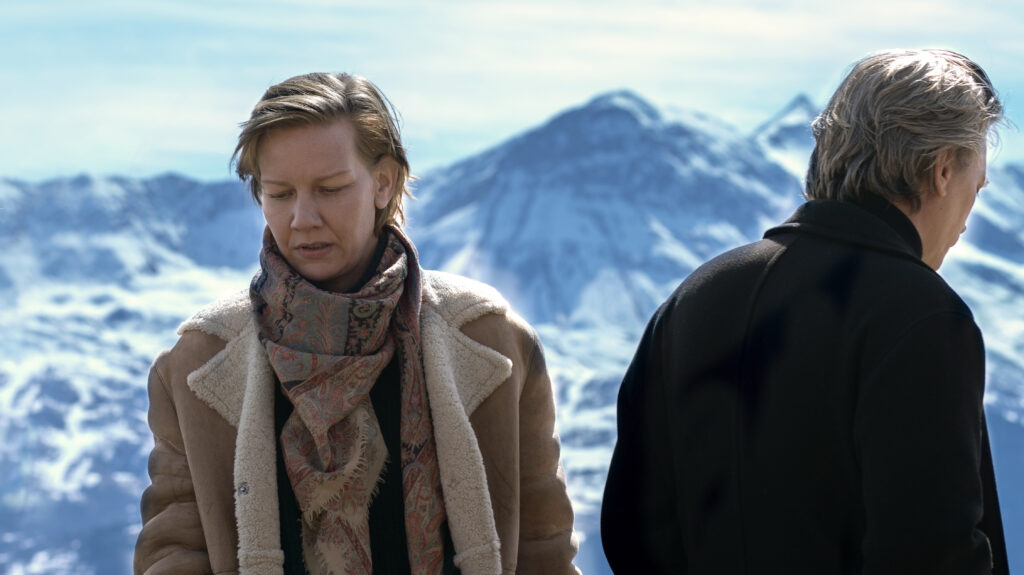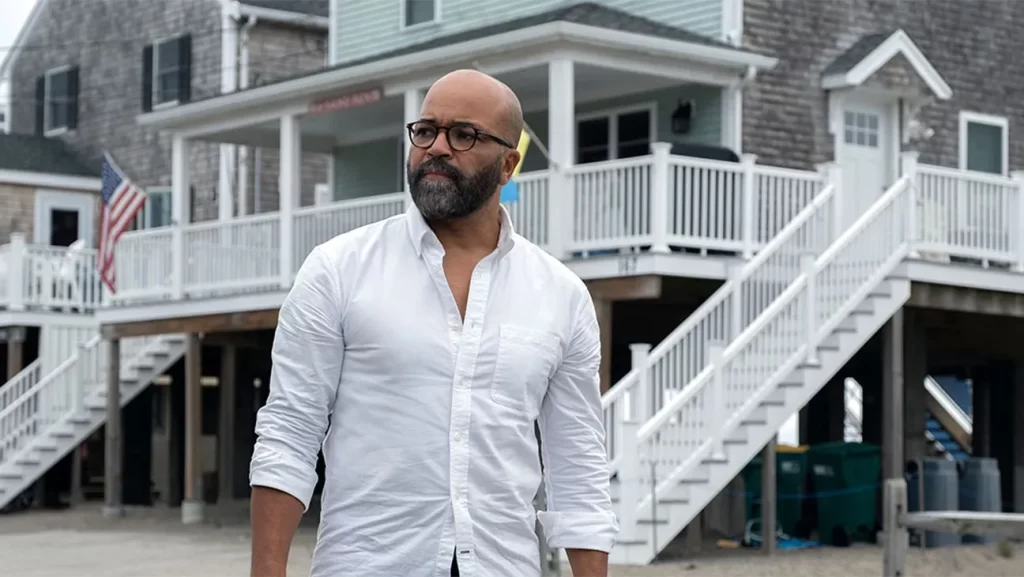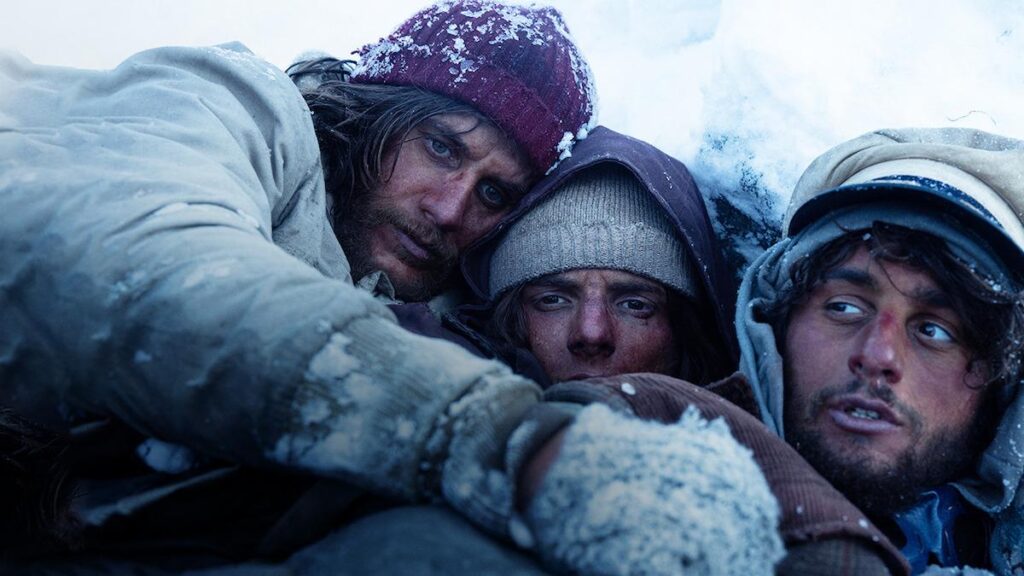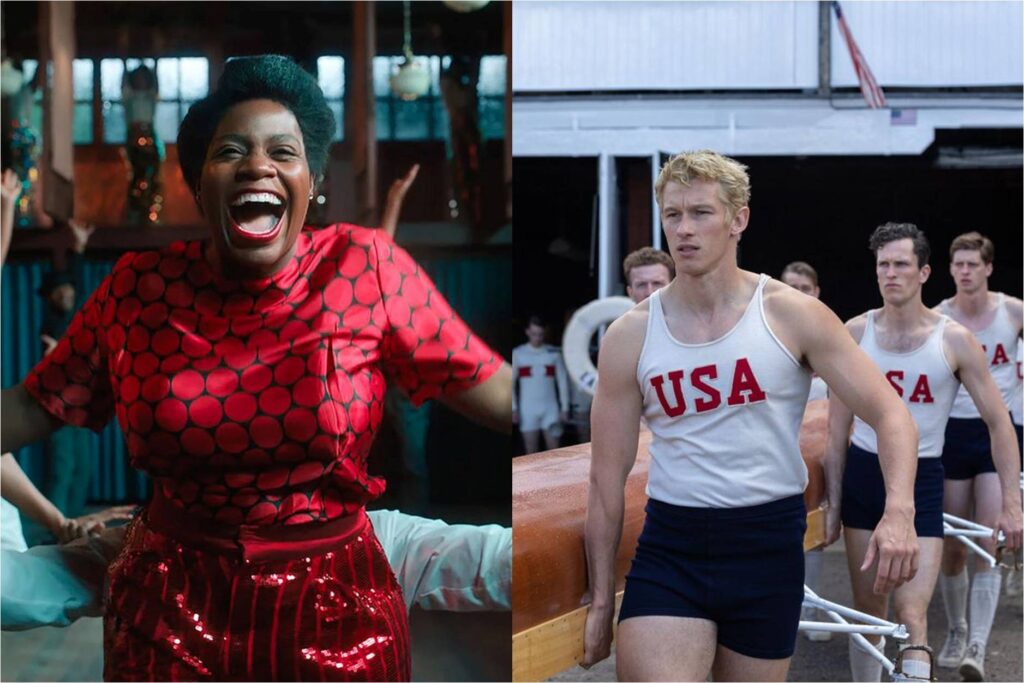Oscars 2023: Nomination Predictions

Movie critics love telling people how little we care about the Oscars, which is why we spend every year rigorously predicting, analyzing, and castigating them. It is true, of course, that the blessing of the Academy of Motion Picture Arts and Sciences confers no special level of excellence upon the chosen films; it certainly doesn’t change personal opinions of them. But if the Oscars are meaningless, they are at least meaningless in a meaningful way. Even as the Academy has diversified its membership such that it’s no longer exclusively run by old white guys, the Oscars still function as a form of fossilizing—preserving in amber the tastes and trends of a particular cinematic epoch. They allow future generations of movie-lovers to look back and ask in puzzlement, “What the fuck were they thinking?”
There are worse questions to ask, and to have answered. And so, per tradition, we here at MovieManifesto now embark on our annual scrutiny of the Oscars—a ritual characterized not by scientific precision or sober reasoning, but by random guesswork and snotty resentment. It’s fun! Read More




